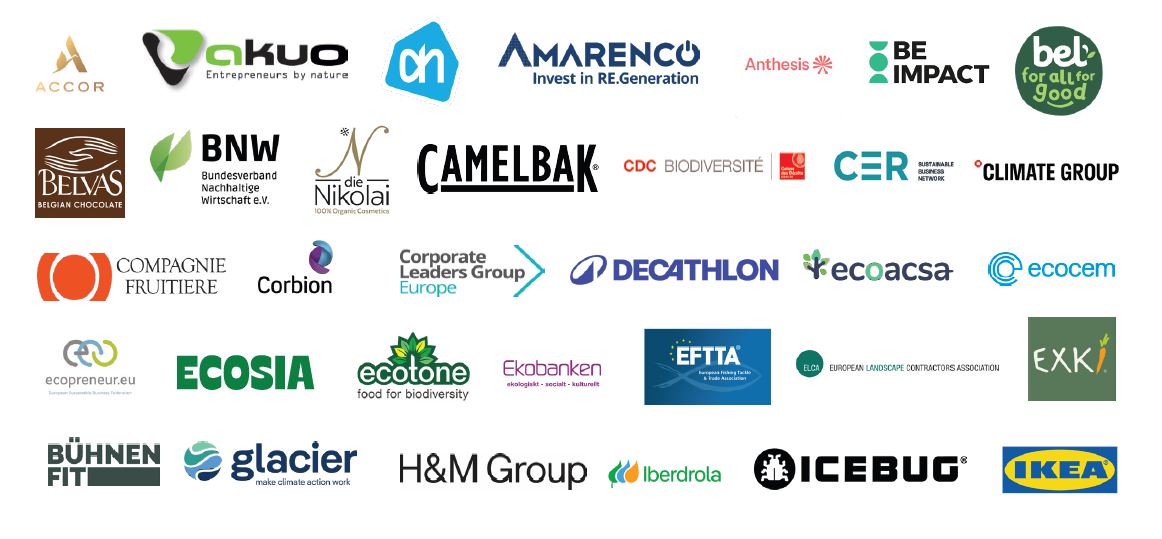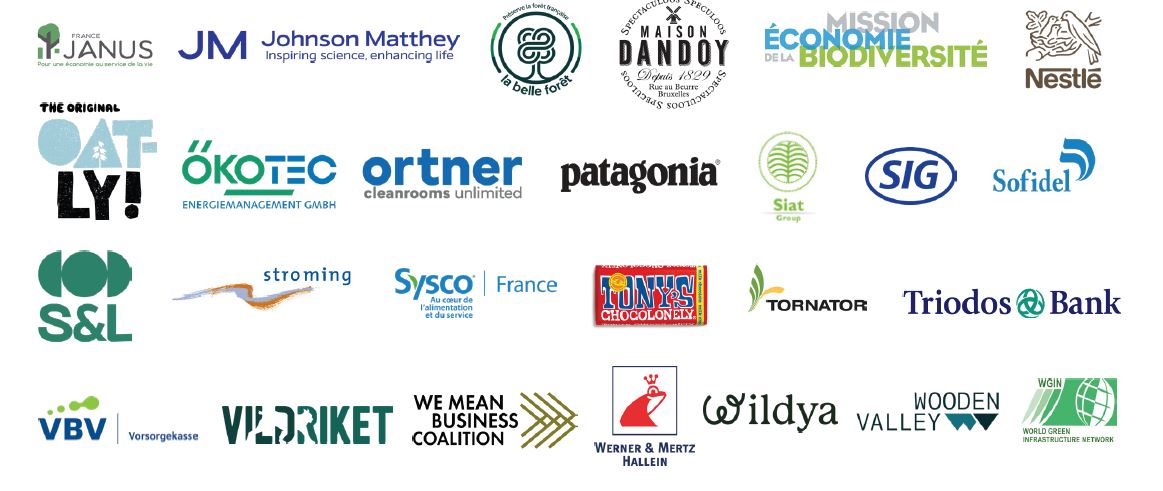As leaders in sustainable sourcing and production, we know that EU standards on nature, biodiversity and climate are not the problem but a vital part of the solution.
The current climate, nature and pollution crises are taking a serious financial toll on businesses: Between 1980 and 2022, weather- and climate-related extremes caused economic losses of assets estimated at EUR 650 billion in the EU Member States, of which EUR 59.4 billion in 2021 and EUR 52.3 billion in 2022 alone. And more than 75% of bank loans to companies in the eurozone are granted to companies with a high dependency on at least one ecosystem service.
EU-wide laws provide immense added value for businesses, by offering a unified framework across the 27 Member States — as opposed to 27 national laws. Over the last five years, the Green Deal has delivered meaningful progress. It has successfully improved environmental protection but has also advanced a green transition for the economy, enhanced transparency and created a regulatory framework that can result in new opportunities, a global competitive advantage, more resilient business sectors, and a level playing field.
Examples of that are seen in the EU’s efforts to tackle deforestation through the EU Deforestation Regulation, as well as to protect and restore nature via the Birds and Habitats Directives and Nature Restoration Law. Additionally, new laws on corporate sustainability reporting and due diligence promote greater climate ambition and transparency on environmental action, and create a level playing field by also applying to foreign companies active in the EU. Implementing these laws requires time, resources and effort by businesses, as well as trust that investments undertaken to get ready for the application of these laws are not in vain.
Deregulation, whether through lowering environmental or social standards, reneging on international commitments, or reducing the EU’s climate ambition, threatens the stable and predictable legal framework that we depend on.
We urge the European Commission to support businesses in successfully implementing existing and upcoming environmental standards — by prioritising smart implementation:
• Modernising the EU and national administrations through digitalisation and capacity building, to ensure they can effectively support and guide businesses in implementing EU legislation.
• Boosting green investment and promoting access to related finance for business based on clear and simple conditions.
• Consistently implementing and enforcing legislation across the EU to ensure a level playing field, while rewarding frontrunners. This includes fostering better cooperation and coordination between EU Member States.
• Increasing access to clean, cheap renewable energy for businesses.
• Ensuring that for products placed on the EU market from third countries the same rigorous criteria apply as for those produced in the EU.
• Avoiding blanket exemptions of sectors or company sizes which can create unfair competition, harm consumer trust and further complicate supply chains. Given the proportionality principle, EU legislation often already provides longer timeframes and lighter processes for SMEs.
• Addressing the rise and impact of extreme weather events, such as droughts and floods, through nature-based solutions for climate adaptation and ambitious climate action, in order to minimise the increasing damage caused to EU businesses.
We call on the European Union to stay committed to protecting and restoring nature and biodiversity, and combating climate change, to foster a transparent business environment and a level playing field for businesses in the EU.
This statement was facilitated by WWF EU.


Sign up to The Parliament's weekly newsletter
Every Friday our editorial team goes behind the headlines to offer insight and analysis on the key stories driving the EU agenda. Subscribe for free here.